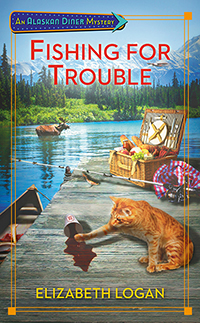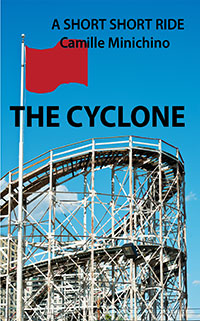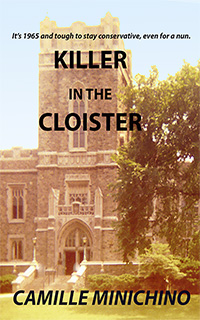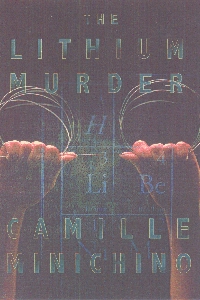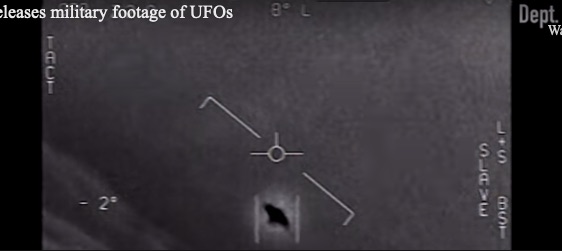
With renewed interest in travel to outer space, I’m inclined to revisit para.
Para is all around us these days, especially with the release of the US Navy UFO videos. (Excuse me, UAP, the new name: Unidentified Arial Phenomena.)
We have paramedics, paralegals, paraprofessionals, parapsychology, and, of course, PARANORMAL. I’ve been trying to figure out what paranormal means vis a vis “normal.”
There are many possibilities.
One option is to consider it similar to what para means in paralegal. I had a brief career as a paralegal at a large law firm in San Francisco. We thought of ourselves as “almost” legals, just a few years of study away from being lawyers. Maybe paranormal is “almost normal.”
But if you know the legal profession, you know para in this case means “subsidiary role of a lesser status.” With few exceptions, the lawyers in the firm reminded us of that hour by billable hour. I didn’t last long as a paralegal. Something about the way the law allows one to argue from two contradictory premises. That’s not my dog, but if it were my dog it didn’t bite you. But that’s another blog.
Another meaning of para is “guarding against,” as in a parasol, which guards against the sun, and a parachute, which guards against free fall.
Paranormal might mean “guarding against the normal.”
My most intense brush with paranormal came while I was teaching a course in the scientific method at a university in the SF Bay Area. The school was known at the time for its groundbreaking classes in nontraditional fields. A student could get a degree in Transpersonal Psychology, for example or Mysticism.
Really.
I taught a class with a full enrollment of mysticism majors. You have to pity them with me as an instructor.
The dean admitted outright that he’d hired me to be the Visiting Rationalist. I was to be tough on the students, force them to be scientific, to present their fields of study as “scientific, with real hypotheses and experiments.”
I had a tough choice to make: teach them classical physics rife with deterministic principles that allow no wiggle room, or confess that modern (i.e., quantum) physics seems every bit as strange as paranormal phenomena..
Some examples.
Entanglement is the phenomenon by which two particles are inexorably linked no matter how much distance separates them. The state of one particle can be teleported to another particle far away.
String theory proposes that everything in the universe—matter, space, time—is made up of ten- (or greater) dimensional, invisible, vibrating strings.
And here’s a winner: the uncertainty principle. Essential to the foundation of quantum physics, the uncertainty principle tells us it’s impossible to make a measurement of a physical system without disturbing that system.
Hold on. Isn’t that one of the things we’ve criticized about “soft” sciences like psychology (let alone the “para” version)? That you can’t observe and make “exact” measurements of behavior because the presence of the measurer affects the result?
There’s more—so many phenomena like time travel and speeds faster than that of light are possible in the world of the very, very small. As long as you sneak the behavior in under the radar, which is on the order of 10 to the -27 (pretty small), you can do just about anything you want.
The mysticism majors? They would have preferred that I congratulate them on having observation, hypothesis, experiment. Just like Newton.
How uninspired.
I passed them anyway.
Both comments and pings are currently closed.
 Filed Under :
Filed Under :  Jul.14,2021
Jul.14,2021














